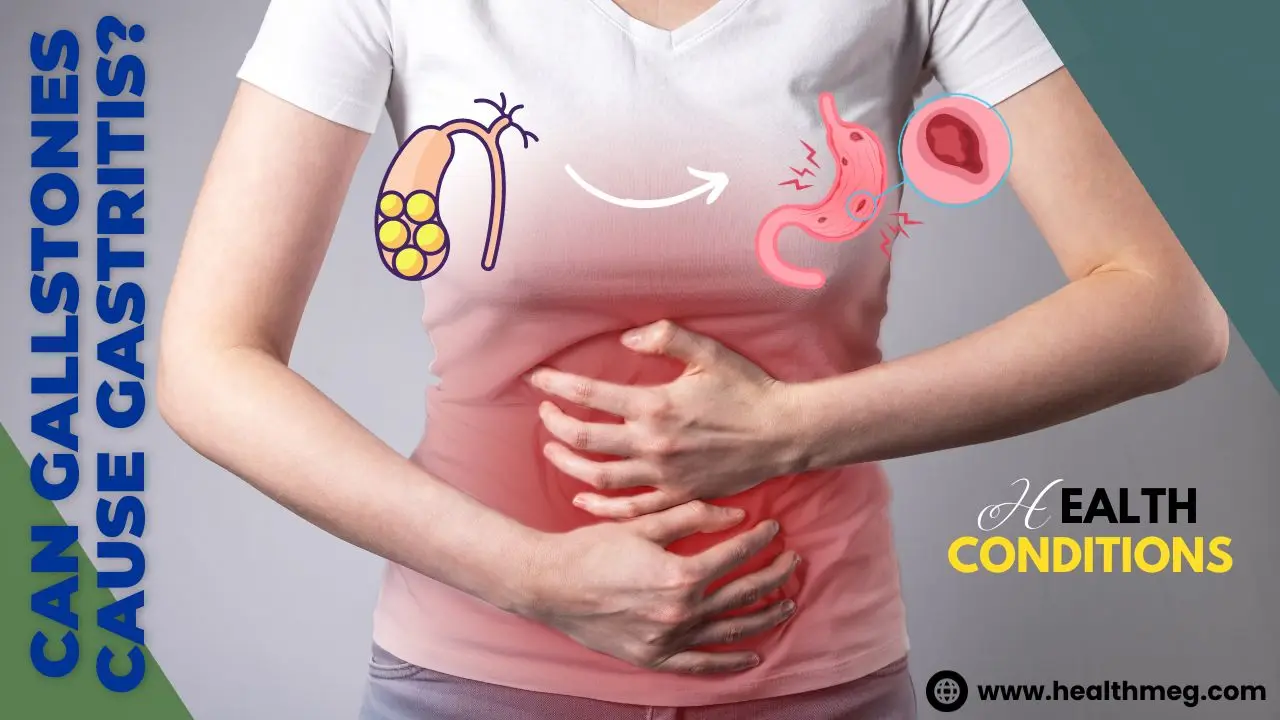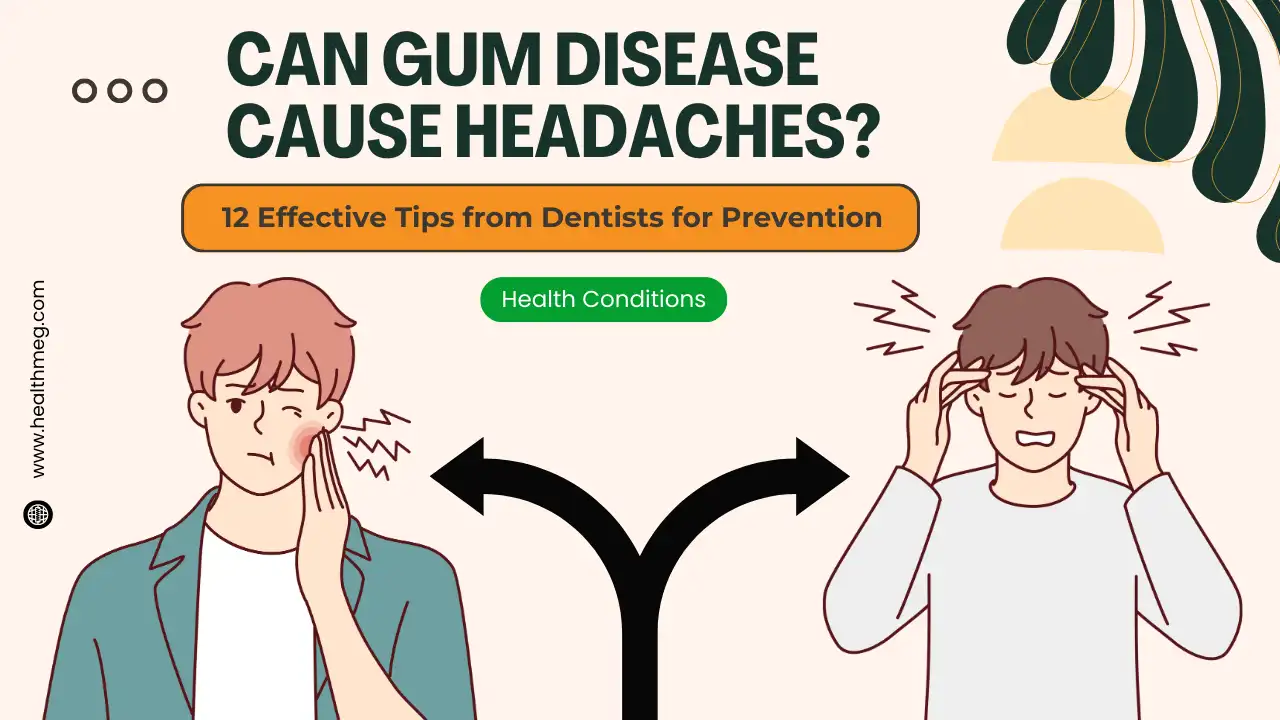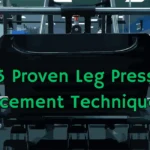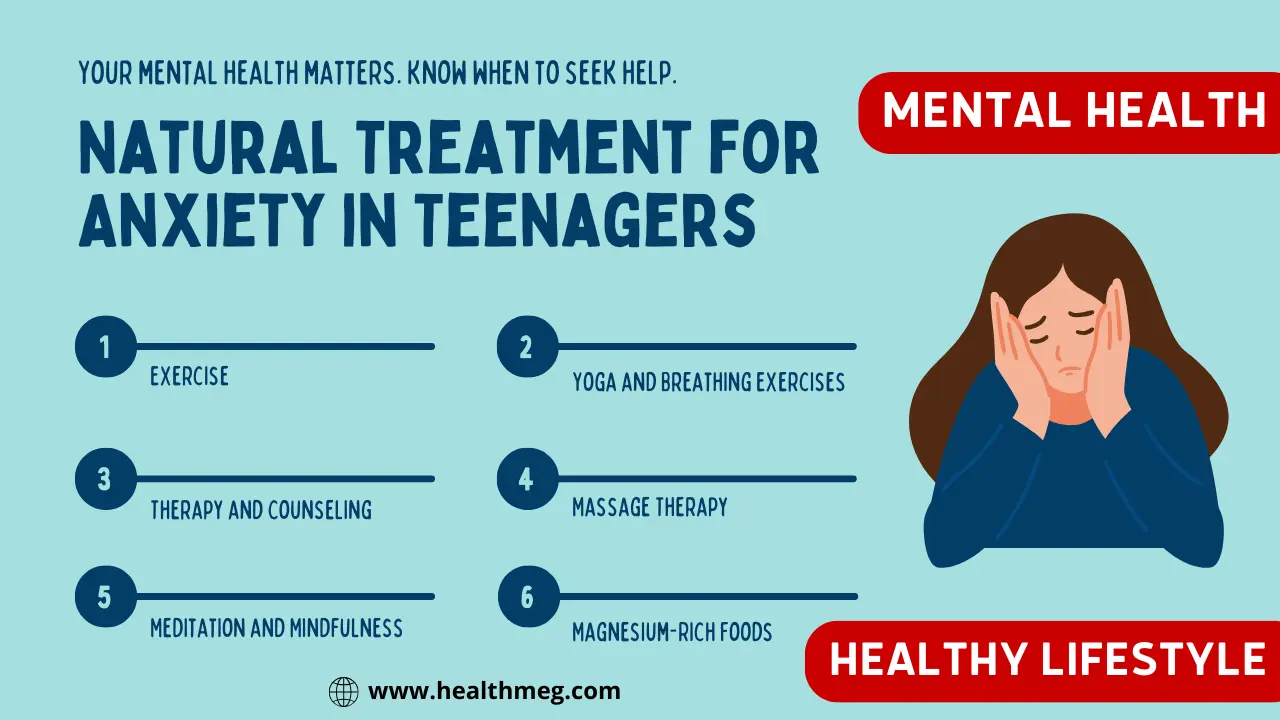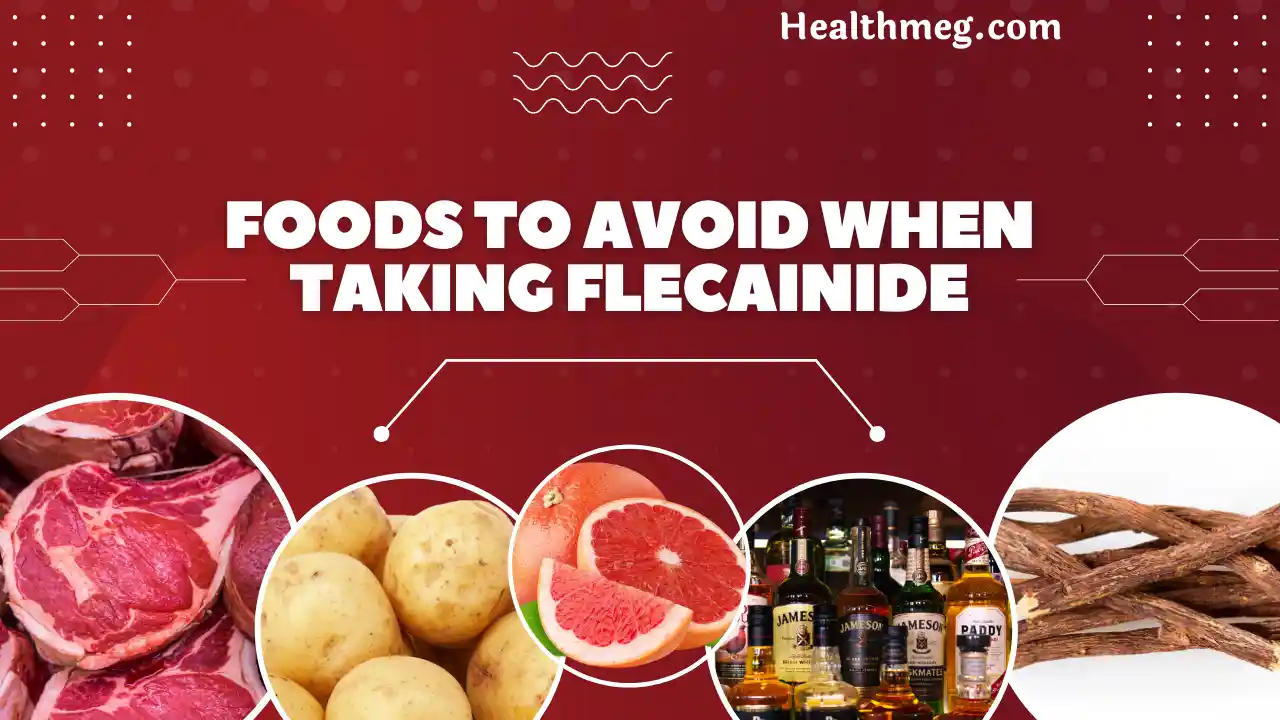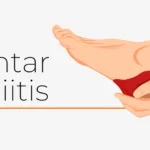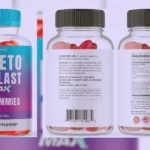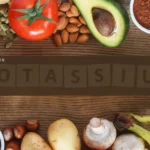Introduction
We’ve all experienced it before—that annoying tummy ache that just won’t go away. At first, you ignore it thinking it’s something you ate. But days or even weeks later, the pain still lingers, making you wonder if something more serious is going on with your digestive system.
Can Gallstones Cause Gastritis? Or is gastritis the culprit? Distinguishing between these two conditions can be confusing and frustrating, especially when all you want is relief. I’ve been there myself after a particularly indulgent holiday season left me doubled over in pain. Read on as I share my insights and medical advice to help you identify what’s causing your stubborn tummy troubles.
Do read the People Also Ask (FAQs) about this topic.
Key Takeaway
- There is currently no clear evidence that gallstones can directly cause or worsen gastritis. However, complex indirect links are theorized. Accurate diagnosis and tailored treatment of any persistent digestive symptoms remain essential.
- Accurate diagnosis through medical testing and tailored treatment plans are essential for managing persistent digestive symptoms, whether caused by gallstones, gastritis or other conditions.
- Symptoms of gallstones and gastritis can overlap, including abdominal pain, nausea, vomiting, and digestion issues. However, they are distinct conditions.
- Gallstones form when there is an imbalance in the components of bile, while gastritis refers to irritation or inflammation of the stomach lining.
- Both conditions can impair digestion – gallstones obstructing bile flow needed to break down fats, and gastritis by damaging the stomach’s ability to produce enzymes and acids.
- Treatment options differ – gallstones may involve medication, but often require surgery for removal, while gastritis is managed by avoiding irritants, medication, dietary changes and stress relief.
- Prompt medical care is advised with severe unrelenting pain, vomiting blood or very dark stool, jaundice, fever or dehydration. Mild but persistent symptoms also warrant medical attention.
- Lifestyle measures like heat pads, hydration, gentle massage and bland diets can help ease discomfort from gallstone and gastritis flare-ups.
Understanding Gallstones
Gallstones are solid formations that develop in your gallbladder, a small, pear-shaped sac located under your liver that stores and concentrates bile produced by the liver. The prevalence of gallstones appears to have some genetic aspects. Gallstones are most common in Native American women over age 30. Nearly 70% of this group have gallstones. In contrast, only 10% of black women over 30 have gallstones(1).
What are gallstones made of?
There are two main types of gallstones:
- Cholesterol gallstones are composed primarily of hardened cholesterol that has crystallized from bile and accounts for nearly 80% of all gallstones. These result from having high levels of cholesterol in your bile.
- Pigment gallstones are composed of excess bilirubin, a byproduct of red blood cell breakdown. More common in people with medical conditions like sickle cell anaemia, cirrhosis, etc.
Causes of Gallstone Formation
Gallstones tend to form when:
- Your liver produces more cholesterol than can be dissolved by available bile salts, resulting in excess cholesterol that precipitates into crystals.
- Your gallbladder fails to empty properly or frequently enough, allowing more time for stones to grow.
- Your bile contains too much bilirubin due to the excessive turnover of red blood cells.
Underlying risk factors include(2):
- Female sex hormones and pregnancy
- Family history
- Obesity
- High-fat, low-fiber diets
- Rapid weight loss
- Certain intestinal diseases
- Metabolic disorders like diabetes
Symptoms of Gallstones
Many small gallstones don’t cause any issues and are discovered incidentally during imaging exams. Larger stones can obstruct ducts, trigger inflammation, and lead to infection, leading to the following symptoms:
- Severe pain in the upper right or middle abdomen that may radiate to the right shoulder blade
- Pain after meals, especially fatty foods
- Nausea, vomiting
- Fever, chills
- Yellowing of skin or whites of eyes
- Indigestion, gas, and bloating
- Light or chalky stools
If ignored, gallstone complications can include infection, gallbladder inflammation, pancreatitis and bile duct injury.
How Gallstones Affect Digestion
Normally, the gallbladder acts as a reservoir for bile, a digestive liquid produced by your liver that aids fat digestion. It concentrates and stores bile to be released when you eat to break down dietary fats. Gallstones obstructing the cystic duct (between the gallbladder and bile duct) or common bile duct (connecting to the small intestine) can impede bile flow, causing(3):
- Poor fat digestion leads to loose, foul-smelling stools that are fatty or float due to excess fat. This triggers diarrhoea and abdominal discomfort.
- Indigestion symptoms like nausea, vomiting and intolerance to fatty or spicy foods which your body struggles to digest.
- Damage to the pancreas if gallstone blocks connection from common bile duct resulting in inflammation (pancreatitis).
If prolonged, nutritional deficiencies may occur from poor nutrient absorption. Hence, treating gallstones helps restore normal digestive function.
Understanding Gastritis
Gastritis refers to inflammation or irritation of the stomach lining. Cases range from short-lived upset stomachs to chronic inflammation with potential complications like ulcers or bleeding (4).
Causes of Gastritis
Common causes include:
- Irritants like alcohol, NSAIDs or steroids taken long-term
- H. pylori bacterial infection
- Severe stress
- Trauma from major surgery, burns or head injury
- Autoimmune disorders
- Excess stomach acid production
Symptoms of Gastritis
Gastritis signs can vary greatly but may include:
- Burning or gnawing stomach pain
- Nausea, vomiting
- Bloating, belching, loss of appetite
- Black, tarry stools or blood in vomit may indicate a bleeding ulcer
- For chronic gastritis: Vitamin and mineral deficiencies from poor absorption
Symptoms are often worse with an empty stomach, as it lacks a food buffer against stomach acids. Alcohol, caffeine, and spicy and greasy foods can further exacerbate discomfort.
How Gastritis Impacts Digestion
With inflammation, your stomach lining is less able to produce the enzymes, acids, and protective mucus needed for digestion. Impaired stomach function from gastritis can lead to:
- Inadequate breakdown of foods you eat
- Nutritional deficiencies since fewer nutrients are absorbed
- Changes in appetite-regulating hormones like ghrelin and leptin cause erratic hunger signals
- Delayed emptying of stomach contents into small intestine (gastroparesis) resulting in fullness, and bloating.
Therefore, resolving gastritis and promoting healing of the stomach lining is key to restoring normal digestive processes.
The Connection Between Gallstones and Gastritis (Can Gallstones Cause Gastritis?)
Since both gallstones and gastritis cause upper abdominal discomfort, nausea, and digestion issues, it’s reasonable to question if they are linked. Could gallstones directly instigate or worsen gastritis? Let’s analyze expert opinions and medical research on this.
The relationship is complex because digestive system components are interconnected through neural links, blood supply, immune signals, and more. However, no clear direct causality exists between gallstones leading to de novo cases of gastritis based on current evidence (5).
But we’ll examine the potential indirect associations between these conditions:
- Amanda Stacks, Health and Wellness Writer: In her piece titled “The Bad Gut Trifecta Experts Gloss Over: SIBO, Gallstones, and Gastritis”, Amanda delves into the intricate relationship between gallstones and gastritis. She posits that inflammation resulting from gallstones could theoretically exacerbate gastritis, but underscores the need for further research to substantiate this connection(6).
- Dr. Stephen Chang, General Surgeon: On the Mount Elizabeth Hospitals’ website, Dr. Chang elucidates how the painful symptoms of gallstones are often misinterpreted as gastric pain. He highlights the distinctiveness of gallstones and gastritis, despite both conditions impacting the digestive system(7).
- Medical Research: A research paper in the Journal of Clinical Gastroenterology reveals a higher incidence of gastritis in patients with gallstones. However, the study concludes that this correlation is likely attributable to shared risk factors rather than a direct cause-and-effect relationship(8).
Managing Gallstones and Gastritis
Whether linked or not, effectively managing both gallstones and gastritis using suitable medical advice tailored to your situation is vital for long-term digestive wellness and nutrition.
Treatment for Gallstones
- No therapy for silent gallstones: Asymptomatic gallstones do not need treatment. However, if gallstone signs and symptoms occur in the future, treatment may be necessary.
- Oral dissolution medication: Ursodeoxycholic acid (UDCA) is indeed used for small noncalcified cholesterol stones(9). It is a bile acid that reduces cholesterol secretion by lowering the cholesterol concentration of bile in the gallbladder. However, attempts to dissolve or break up the gallstones often do not work effectively. If they do not work, surgery is usually recommended.
- Surgery: Laparoscopic or open cholecystectomy (gallbladder removal) is indeed the gold standard for symptomatic stones. Once your gallbladder is removed, bile flows directly from your liver into your small intestine, rather than being stored in your gallbladder1. You don’t need your gallbladder to live, and gallbladder removal doesn’t affect your ability to digest food, but it can cause diarrhoea, which is usually temporary(10).
Treatment for Gastritis
1. Medications(11):
- Antacids to neutralize stomach acid
- Antibiotics if H.pylori bacterial infection present
- Acid-reducing drugs like PPIs or H2 blockers
- Cytoprotective agents coat and protect the stomach lining
2. Dietary and lifestyle changes(12):
- Avoid irritants like alcohol, caffeine, NSAIDs, and fatty and spicy food
- Stop smoking
- Manage stress through yoga, meditation
- Smaller, frequent bland meals
- Probiotic foods to support gut microbiome
Home Remedies and Lifestyle Measures for Relief
While medical guidance is essential, you can also help ease discomfort from gallstones or gastritis flare-ups using simple home remedies:
Gallstone Attack Relief
- Apply a heating pad to the abdomen
- Massage the abdomen and back to promote bile flow
- Stay hydrated and sip clear liquids
- A bland diet of broth, plain toast, apple juice
- Relax in a bath or try aromatherapy to reduce pain
Gastritis Relief
- Drink aloe vera juice to coat the stomach
- Sip ginger tea to reduce inflammation
- Try liquorice, marshmallow or slippery elm to protect the stomach lining
- Identify and avoid food triggers
- Practice stress-relieving techniques like meditation
Seeking Medical Care
While home measures can provide temporary relief, promptly consulting your doctor is crucial for proper diagnosis and management if:
Emergency Care Needed
Go to the emergency room if you have:
- Severe unrelenting abdominal pain
- Fever and vomiting
- Blood in vomit or very dark stools
- Jaundice i.e. yellowing skin/eyes
- Signs of dehydration like dizziness on standing
See Your Doctor
Schedule non-emergency medical appointments for:
- Mild but persistent pain lasting over a week
- Frequent recurrence of symptoms
- Weight loss
- Loss of appetite
- Ongoing digestive issues like diarrhoea
Testing like ultrasound, HIDA scan for gallstones and endoscopy for gastritis may be needed alongside tailored treatment based on your clinical picture.
The Key is Balance
Maintaining long-term digestive health involves finding the right equilibrium through an integrated approach.
- Seek prompt medical care when required
- Follow individualized medical advice
- Incorporate suitable lifestyle measures
- Identify and mitigate potential risk factors
- Monitor any persistent or recurrent symptoms
Achieving this balance under the guidance of your healthcare provider gives you the best shot at staying symptom-free and keeping digestive disorders like gallstones and gastritis away!
Conclusion
Abdominal discomfort can be vague and frustrating to evaluate. However, paying attention to associated symptoms and triggers can help identify common culprits like gallstones and gastritis.
Though no clear direct relationship exists between the two conditions, overlap in risk factors, inflammatory pathways and treatment side effects may allow indirect interaction between gallstones and gastritis in some individuals.
Confirming the exact diagnosis through targeted medical testing and seeking tailored therapy remains key to effectively tackling your stubborn tummy woes. Expert guidance can help unlock the right combination of lifestyle tweaks, home remedies and treatment modalities for your unique situation.
Here’s hoping this gives you fresh insight into decoding abdominal annoyances as well as renewed motivation to show your digestive system some love! When in doubt, never hesitate to reach out to your doctor, who knows best how to help you weather the storm inside your belly.
People Also Ask (FAQs)
Here are the FAQs with questions in h3 headings and answers prefixed with A) and Q):
Q) Is gastritis a symptom of gallstones?
A) No, gastritis and gallstones are two distinct conditions. Gastritis refers to inflammation of the stomach lining, while gallstones are solid formations that develop in the gallbladder. So gastritis is not considered a direct symptom of gallstones. However, both conditions can cause similar digestive symptoms like abdominal pain, nausea, and vomiting which may confuse diagnosis.
Q) Can gallstones cause gastro issues?
A) Yes, gallstones can obstruct bile flow or pancreatic ducts which impairs fat digestion leading to symptoms like gas, bloating, diarrhea from excess fat in stool, stomach pain and nausea from indigestion. Gallstone complications can also cause inflammation of the pancreas (pancreatitis) resulting in severe abdominal pain, nausea and vomiting.
Q) Can gallstones cause gastric reflux?
A) There is no clear evidence that gallstones directly cause acid reflux or gastric reflux. However, the resulting inflammation and digestive issues from gallstones may indirectly aggravate reflux in some people. Symptoms like nausea and vomiting from gallstones may also feel similar to reflux.
Q) Can removal of gallbladder cause gastritis?
A) Gallbladder removal surgery is not known to directly cause gastritis. However, in rare cases, gastritis could potentially develop as a side effect of medications or stress related to the surgery and recovery process. The diarrhea that sometimes occurs after gallbladder removal could also theoretically irritate pre-existing gastritis in some individuals. But overall there is no established link between the two conditions.
